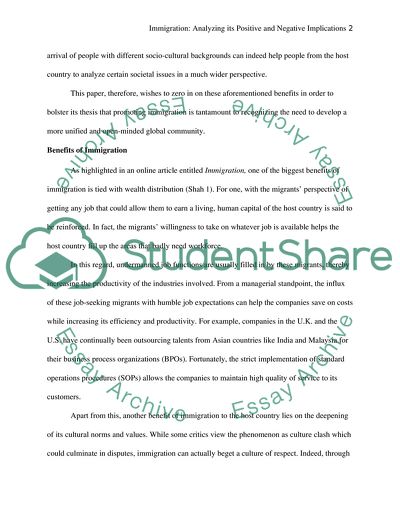Cite this document
(“Position arguments on immigration Essay Example | Topics and Well Written Essays - 1500 words”, n.d.)
Position arguments on immigration Essay Example | Topics and Well Written Essays - 1500 words. Retrieved from https://studentshare.org/english/1618106-position-arguments-on-immigration
Position arguments on immigration Essay Example | Topics and Well Written Essays - 1500 words. Retrieved from https://studentshare.org/english/1618106-position-arguments-on-immigration
(Position Arguments on Immigration Essay Example | Topics and Well Written Essays - 1500 Words)
Position Arguments on Immigration Essay Example | Topics and Well Written Essays - 1500 Words. https://studentshare.org/english/1618106-position-arguments-on-immigration.
Position Arguments on Immigration Essay Example | Topics and Well Written Essays - 1500 Words. https://studentshare.org/english/1618106-position-arguments-on-immigration.
“Position Arguments on Immigration Essay Example | Topics and Well Written Essays - 1500 Words”, n.d. https://studentshare.org/english/1618106-position-arguments-on-immigration.


